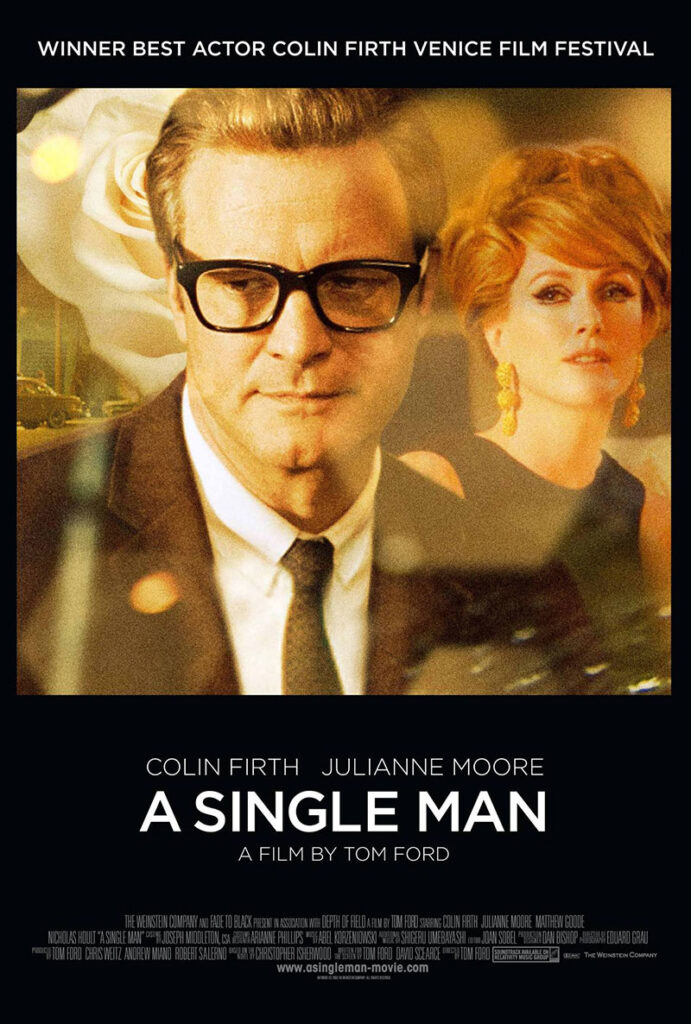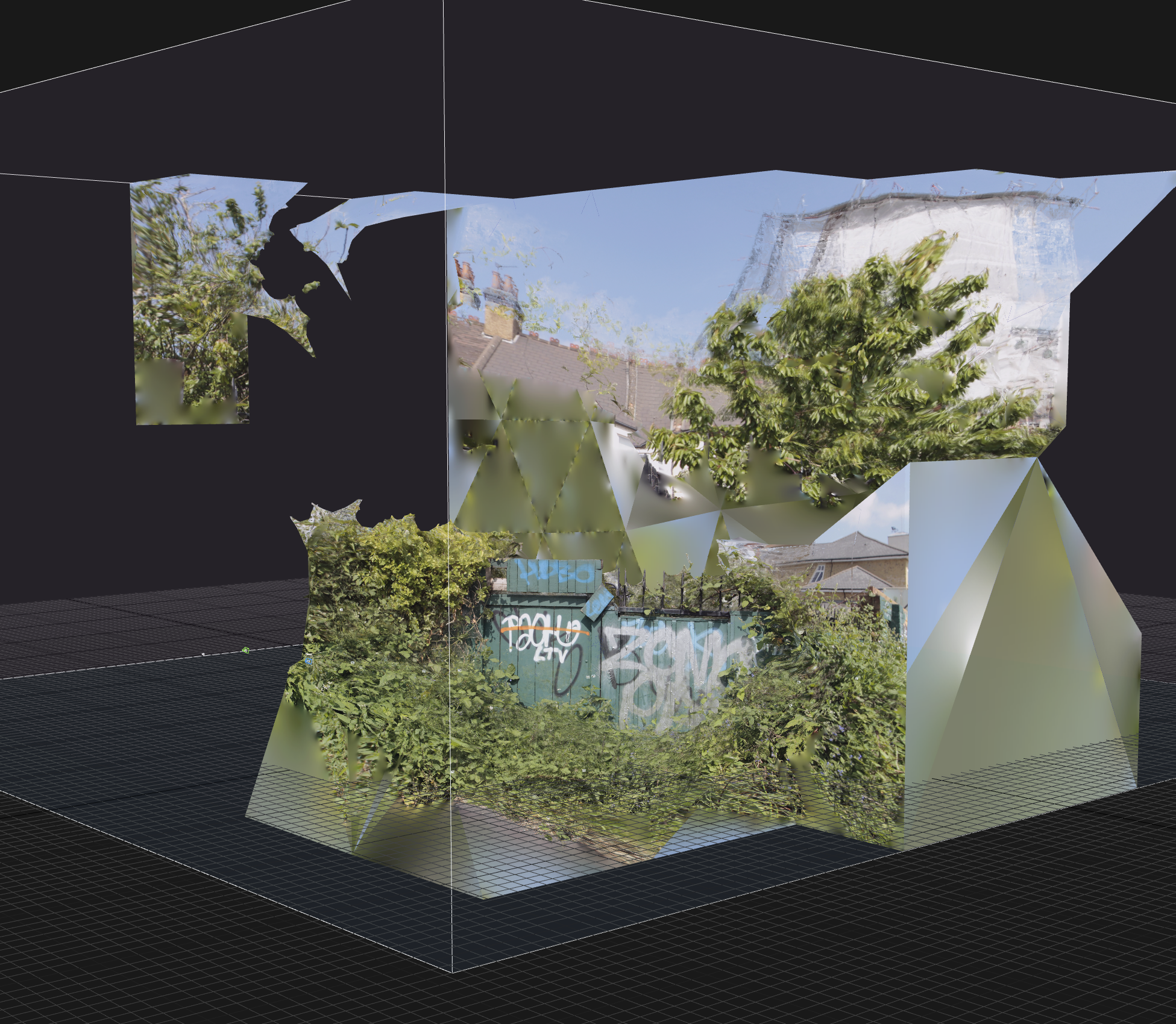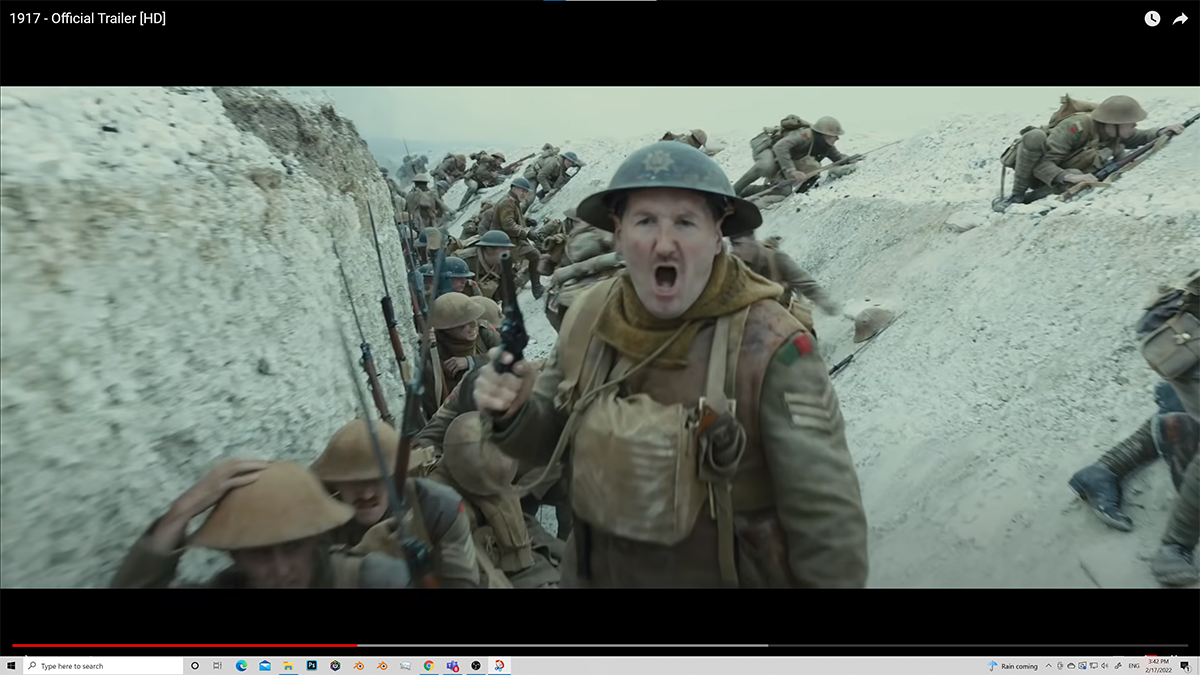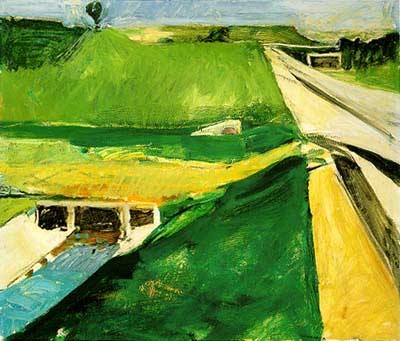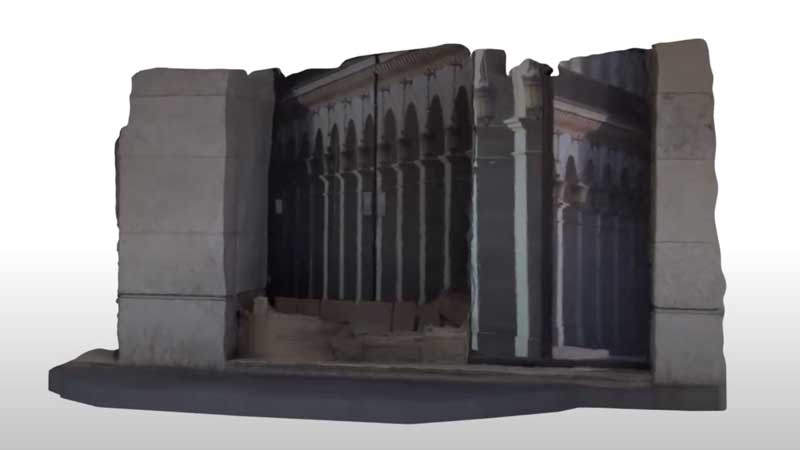A week ago I saw the movie “A single man” by Tom Ford, it was a really interesting movie and I ended up thinking about three different scenes and one of them, in particular, has inspired me to do an experiment, that is why I’m going to publish this post in both my Influences and work sections.
The scenes:
The first and maybe the most relevant scene for me was the one in which George (Colin Firth) visits his friend Charlie (Juliane Moore), right when they meet on the front door, another scene fades in, it is a fragment from a previous scene where Charlie found out about the death of his lover. This momentary overlapping made me think about time compression not only in movies but also in images.
The second scene that captivated me was the one where George and his young student Kenny (Nicholas Hoult) were talking inside a bar, at one moment, the young guy replied: “We are born alone, we die alone, and while we are here we are absolutely, completely sealed in our own bodies”… “We can only experience the outside world through our own slanted perception of it. Who knows what youʼre really like. I just see what I think youʼre like.”
Finally, the third part of the movie that captured my attention was just before the end, when George experiences an epiphany and says: “A few times in my life I’ve had moments of absolute clarity when, for a few brief seconds, the silence drowns out the noise and I can feel rather than think and things seem so sharp and the world seems so fresh, it’s as though it had all just come into existence. I can never make these moments last. I cling to them, but like everything, they fade. I have lived my life in these moments. They pull me back to the present, and I realize that everything is exactly the way it was meant to be”.
When I saw this I felt something click in my head, I guess that we humans try to hold on to our most memorable moments just like a drunk guy clings to the railing while he awkwardly descends the staircase. They are like keyframes on a timeline and in some rare moments, our immediate experience pulls them into the stage creating an ambiguous moment where past and present collide with each other.

